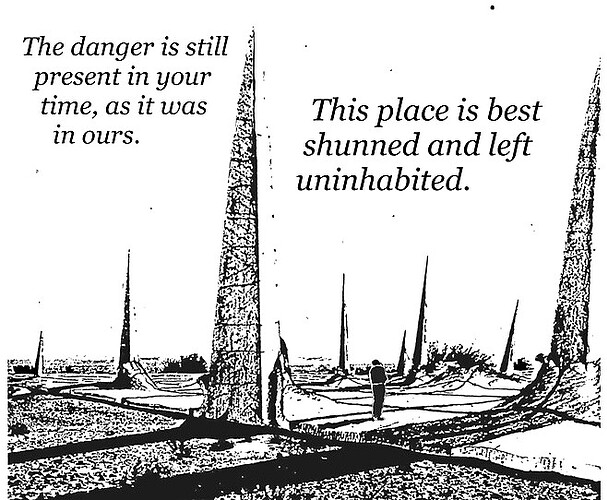I had a chance of reading a draft of the article as it was being put together, altogether an excellent essay and laudable goal. I’m getting old enough now to have seen these Tools Not Apps conversations as just something that comes back cyclically every couple of years. Don’t get me wrong, it’s great, and I love these. The competition to centralize all of computing into a single ecosystem is as old as .. computing.
An operating system is a collection of things that don’t fit inside a language; there shouldn’t be one.
- Apps are dead, use our Smalltalk app.
- Apps are dead, use our Chrome app.
- Apps are dead, use our ChatGPT app.
- ..
But I’m extremely weary of efforts to formulate a malleable substrate of computation that does not limit itself to making accessible the knowledge to replicate the implementation of the task itself in a lingua franca of the time, in the name of people being disinterested or impatient to learn how things work underneath. This undertone cuts twice as deep seeing that every screenshot in the article comes from an Apple computer, famously hard to customize, and fighting against their own customers’ right to repair and understand their devices. Demoing tools built atop the web, known for eroding the new generation’s grasp of files and local storage, itself a truly decentralized malleable interface.
I worry that demoing web apps built explicitly for cutting edge unaffordable and irreparable proprietary hardware in the name of laypeople inclusivity will lead the reader to the opposite destination than that of an accessible emancipatory technology.
I would elevate the importance of education and documentation as the knowledge of the inner-workings of this substrate is necessarily for the work to be portable and resilient against centralization and control. Ease of use is usually implemented as superficial simplicity, as an additional layer of complexity that hides the underlying layers. Meanwhile, systems that are actually very simple and elegant are often presented in ways that make them look complex to laypeople.
Steve Jobs supposedly claimed that he intended his personal computer to be a bicycle for the mind — But what he really sold us was a train for the mind, which goes only between where rails and stations have been laid down by armies of laborers.
Don’t tell me apps are revolú, and then make me install an app.
One of the very best sentences in the essay, which I wished so hard the essay went on to explore further:
We believe that technical infrastructures for malleable software will need to support sociotechnical systems of people working together, across many levels, to make software work for themselves and their communities.
It’s time to begin dreaming about what those could look like.
